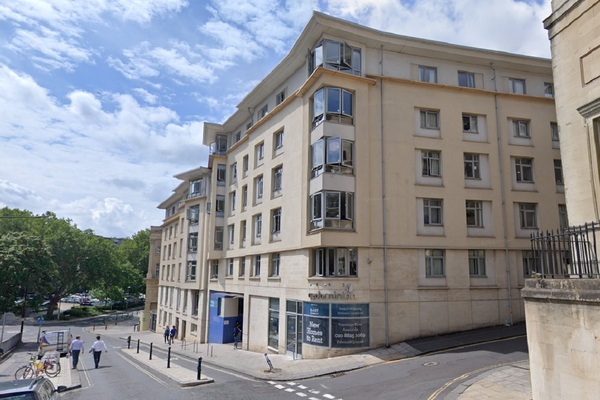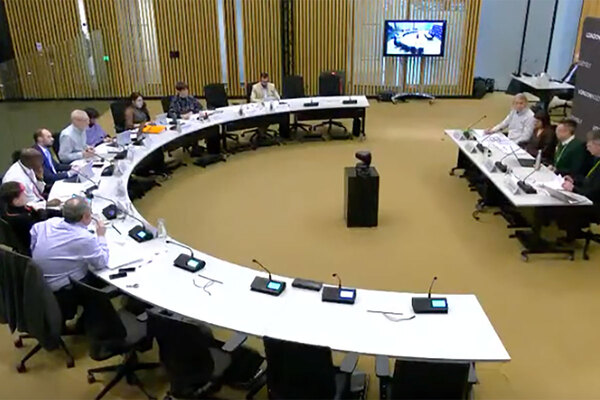Social landlords must ‘fully understand’ inflationary costs to keep services going, RSH warns
Social housing providers must have a clear understanding of their costs amid rising inflation to ensure the “continued delivery of essential services and safety”, the English regulator has warned.
In its 10th annual Sector Risk Profile, the Regulator of Social Housing (RSH) warned there are “significant” ongoing risks to the outlook for Consumer Price Index inflation, including from “further energy price shocks, the tight labour market, or financial volatility”, which will increase landlords’ costs.
It said boards will need to “fully understand their cost base and capital requirements” and ensure investment appraisals are “robust”.
Inflation and its impact on costs was among a series of risks to the social housing sector outlined by the regulator. It also included poor-quality stock, access to labour and skills, the proposed rent increase cap, data security, supported housing and building safety.
The RSH also warned about providers’ reliance on third parties to deliver services for them.
The regulator said that although entering into contracts with third parties can be an effective way to deliver key services, doing so “exposes providers to counter-party risks and can reduce the control that providers have over the quality of delivered services”.
The RSH said: “Contractors frequently operate on tight profit margins, and high inflation and a tight labour market have made the environment for contractors particularly challenging.
“The end of temporary business relief measures implemented during the pandemic has seen large numbers of company insolvencies, with the number of insolvencies in Q2 2022 – the highest since Q3 2009.”
The regulator said some providers have outsourced landlord services to drive down costs.
But it warned: “Contracting out services does not contract out landlord responsibility and it is essential that providers maintain oversight of service delivery. Failure to do so, risks damaging the provider’s reputation.”
The report also warned of the risks around supported housing, which Kate Henderson, chief executive of the National Housing Federation, previously warned may become unviable if a 3% rent increase cap is introduced.
In its risk report, the regulator said supported housing is “inherently low-margin” and vulnerable to “fluctuating income and costs, or changes in government policy”.
“Failures to provide adequate services can have severe impacts for tenants in need of support, including some of the most vulnerable people housed by providers,” it added.
The RSH said some providers have looked to supplement contract incomes by bidding for support contracts for tenants with complex needs.
It added that more staff and homes will be needed with the number of vulnerable people relying on supported housing expected to increase over the coming years.
The regulator said: “Boards of providers with significant supported housing or support contracts must ensure they understand funding risks, including stress-testing against increased costs, loss of contracts, and the commissioning of revised or new services.”
Providers tendering for contracts in areas they are unfamiliar with will need to fully understand the wider risks involved, such as increased safeguarding risks, and have “robust systems of oversight and effective mitigation strategies in place”, the RSH added.
The report also said the high-profile media coverage of disrepair in the sector has damaged its reputation.
The regulator said social landlords must provide a repairs and maintenance service that “represents value for money and which ensures tenants’ homes meet minimum standards”.
“Crucially, boards will need comprehensive, robust and up-to-date stock condition data to make informed decisions,” it added.
The RSH said many of the risks highlighted in previous risk reports are now “crystallising” and that this “will test the resilience of many providers and the sector as a whole”.
Sign up for our regulation and legal newsletter
Already have an account? Click here to manage your newsletters












